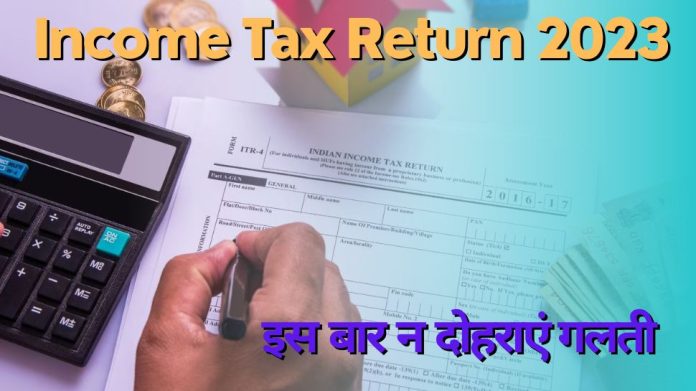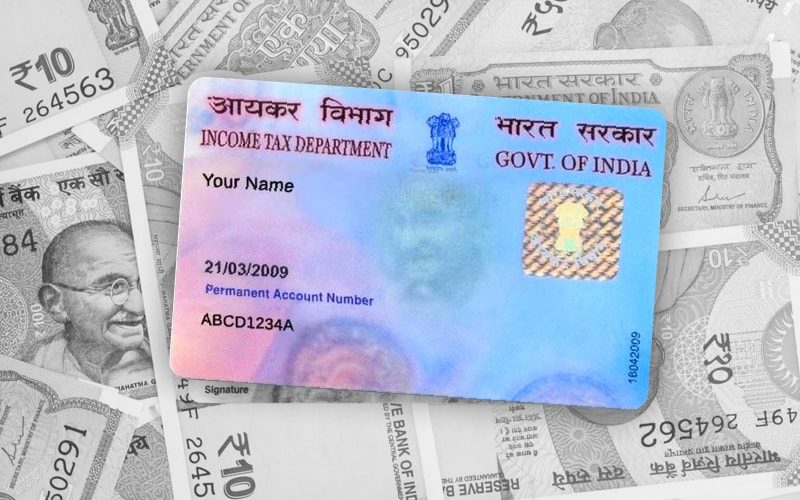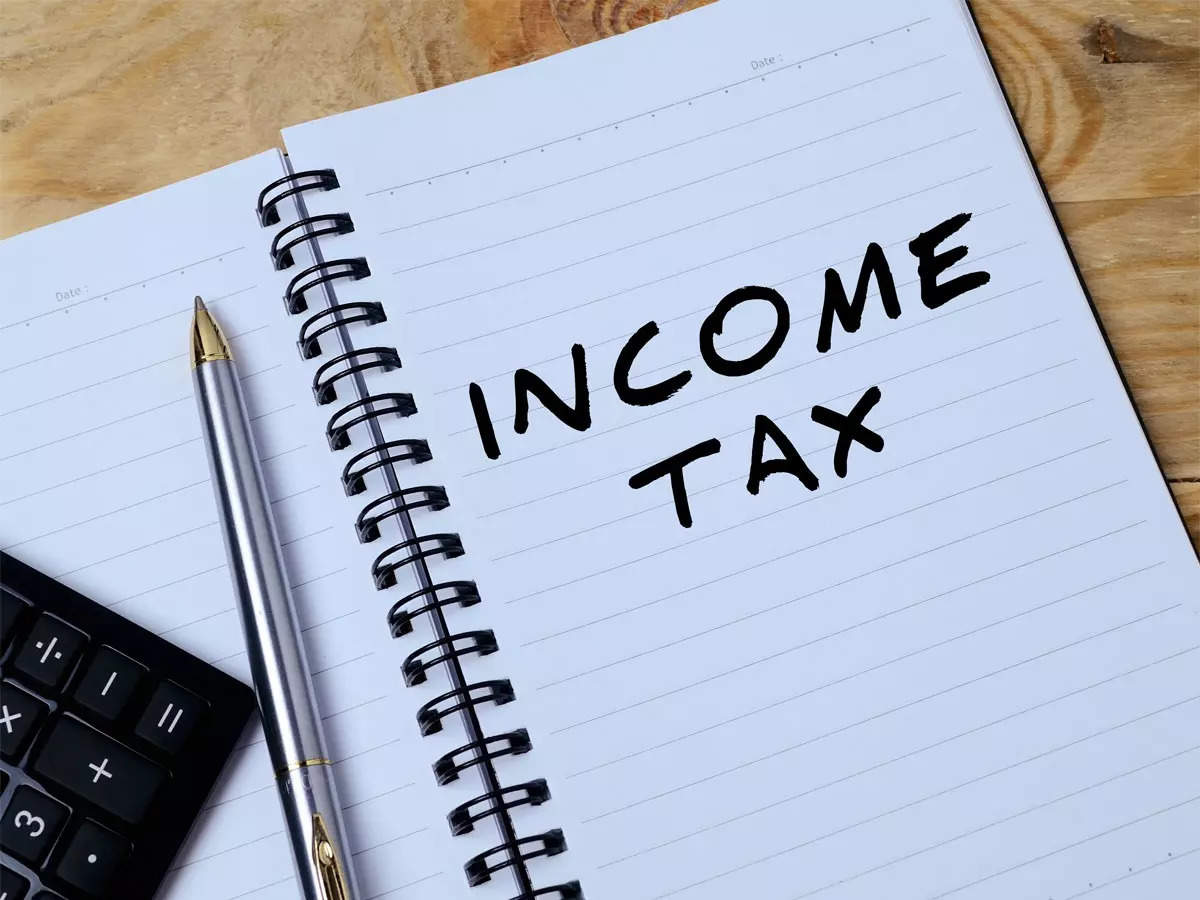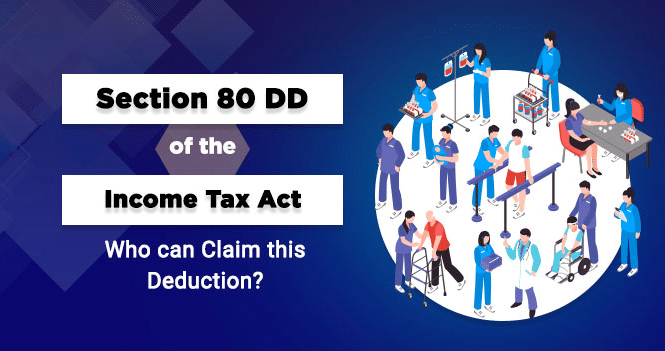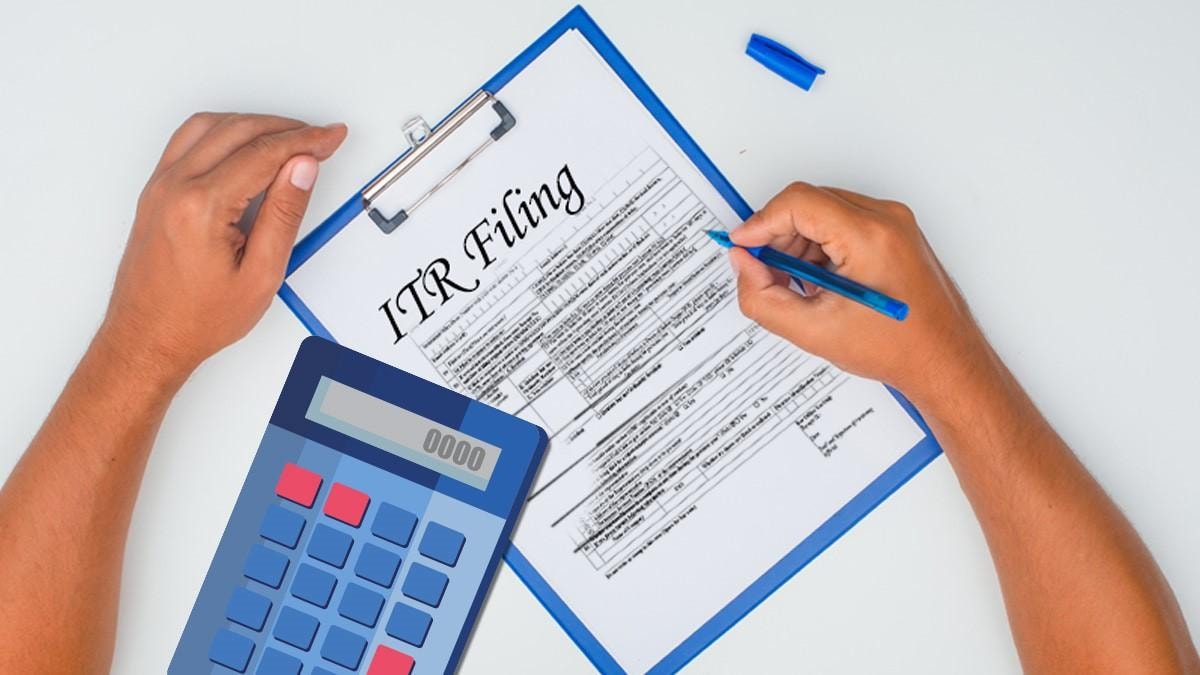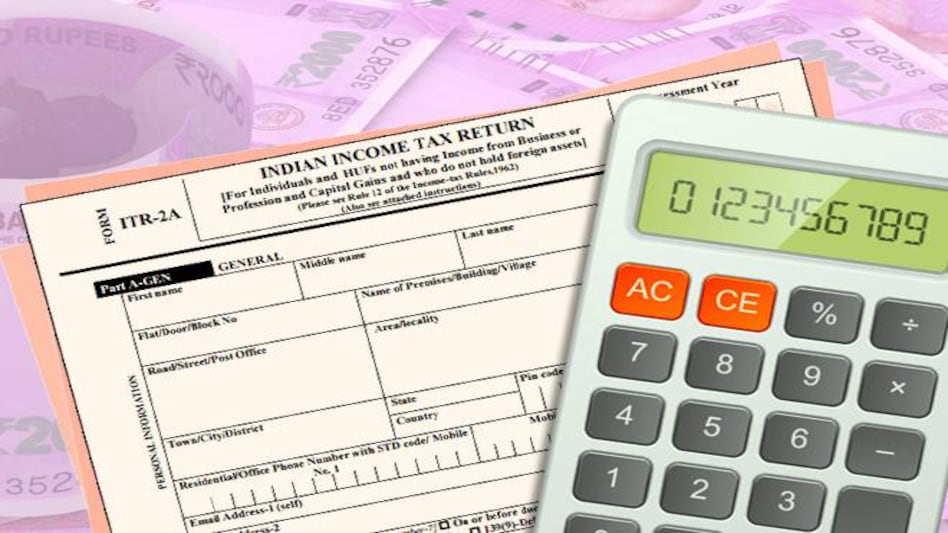The time of year to file income tax returns has begun. Taxpayers should begin their tax assessment right away even though there is still time for ITR filing. Many folks are really confused when filing their ITR Filing 2023. In this, taxpayers may run into issues with the due date, the assessment and financial year, late fees, fines, and paperwork, among other things.
1. Can I file my ITR using my Aadhaar instead of my PAN card?
You can, is the reply? Taxpayers are permitted to use their PAN and Aadhaar interchangeably under current regulations.
2. Will all required documentation needs to be provided at the time an ITR is filed?
No, is the response. You won’t need to provide any documentation when filing your tax return. If you are required to present these records during an inquiry or verification of any kind.
3. Is Form-16 required to file an ITR?
For salaried professionals, Form 16 is necessary to file an ITR because it provides all relevant salary information. In the past, it was challenging for taxpayers to file their taxes without it, but today they can file their ITRs without using it as a reference.
4. What paperwork is needed to submit an ITR for agricultural income?
There won’t be any paperwork needed to file an ITR for agricultural revenue. If the answer to that question is “yes,” you must fill out Schedule EI with the relevant information (Exempt Income).
5. Are there any documentation that must be provided with a section 80DD income tax return?
No. You won’t need to submit any paperwork while filing your income tax return. Only when the Income Tax Department requests a disability or severe disability certificate from you you will be required to provide it.
6. Will you face consequences for failing to file the return?
You could be charged a late fine of up to Rs 5,000 if you don’t pay your taxes by the deadline. On the other hand, you will just need to pay Rs 1,000 if your entire income is less than Rs 5 lakh.
7. Can I submit the return even if it is past the deadline?
You can, indeed. Belated returns are those that are submitted after the deadline. You must submit your late return no later than three months prior to the conclusion of the applicable assessment year. On this, there is a late fee. Additionally, you can submit a revised return, which must be done so within 24 months of the conclusion of the pertinent assessment year. You won’t be charged a late fee, though, if you voluntarily file your ITR after the deadline even though you do not have taxable income.
8. What advantages do ITR filings offer?
You must participate in the nation’s development as a partner. This improves your credit score.
9. Will an ITR be submitted even if this financial year has a loss?
In this case, the loss can be compensated by carrying it over to the following year’s profit. ITR filing must be submitted for this prior to the deadline. It will be necessary to file a loss claim at this time.
Read More: These are the safest cars in the country according to Global NCAP ratings

|
|
 YouTube YouTube |
Click Here |
 Facebook Page Facebook Page |
Click Here |
 Instagram Instagram |
Click Here |
 Telegram Channel Telegram Channel |
Click Here |


